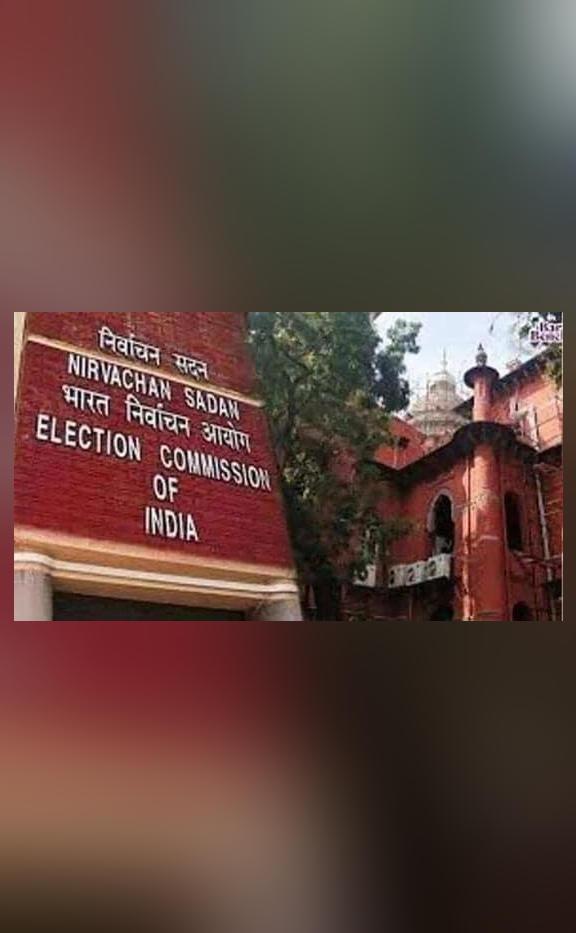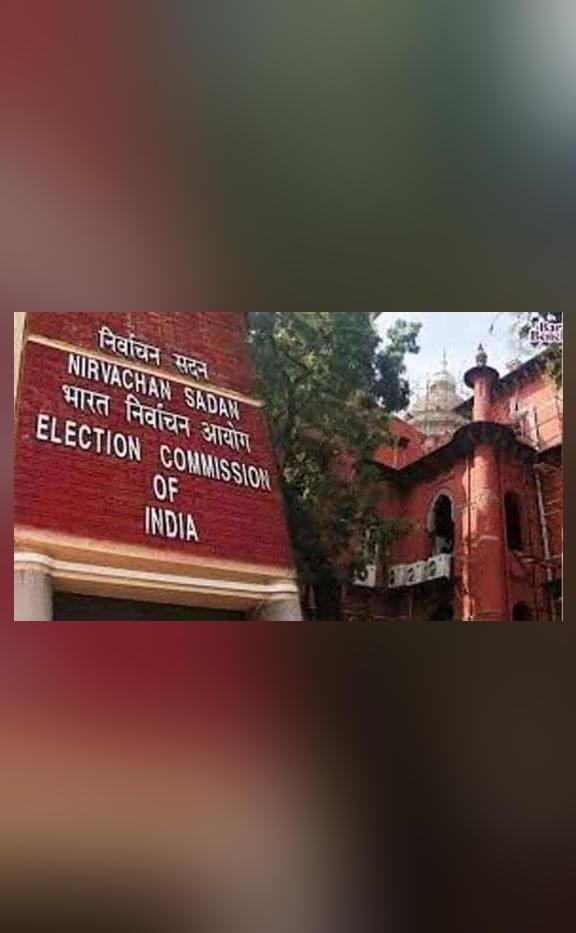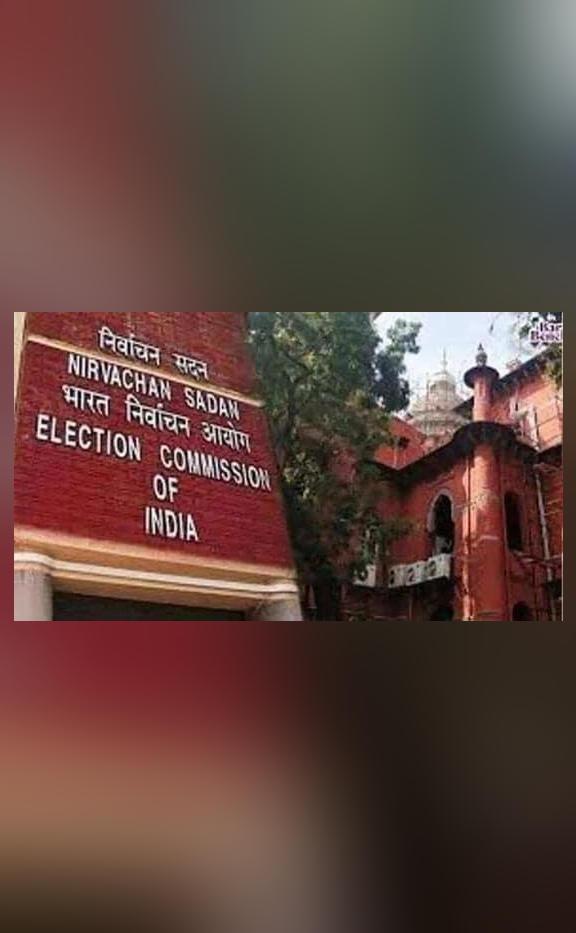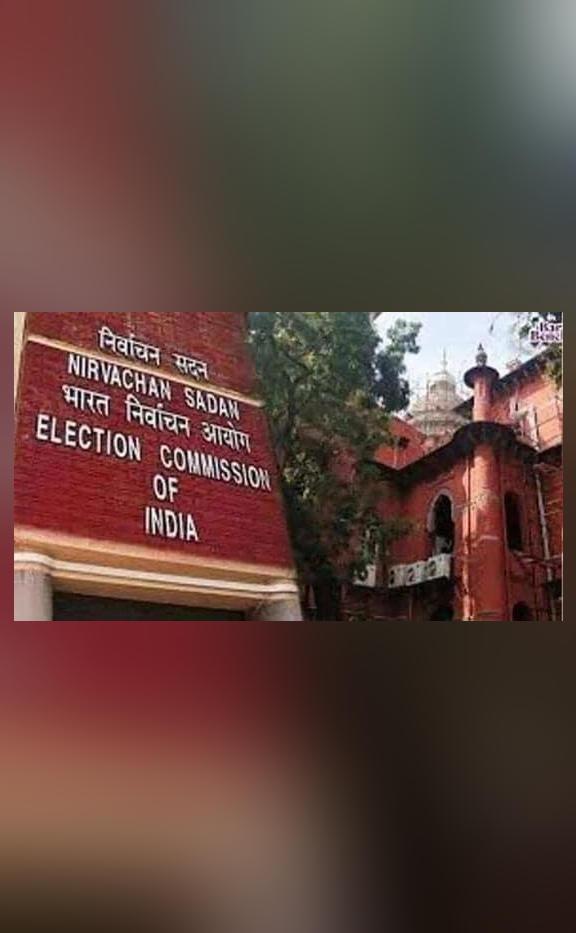
Aadhaar, Voter ID & Ration Cards Can’t be Considered for SIR: ECI
The Election Commission of India (ECI) has recently made it clear that Aadhaar, voter ID, and ration cards cannot be considered as standalone proof of voter eligibility in the ongoing special intensive revision (SIR) of Bihar’s electoral roll. This decision comes in the wake of the Supreme Court’s suggestion to accept these documents as evidence of a person’s eligibility to vote.
The ECI’s stance was announced on Monday, and it has left many wondering about the implications of this decision. In this blog post, we will delve into the details of this development and explore the reasons behind the ECI’s decision.
Background
The SIR is a periodical exercise conducted by the ECI to update the electoral rolls and ensure that all eligible voters are enrolled. The exercise is currently underway in Bihar, and the ECI has been receiving suggestions from various quarters to make the process more efficient and inclusive.
The Supreme Court, in a recent order, had suggested that Aadhaar, voter ID, and ration cards could be accepted as proof of a person’s eligibility to vote. However, the ECI has now rejected this suggestion, citing various reasons.
Reasons behind the ECI’s decision
The ECI has rejected the Supreme Court’s suggestion to accept these documents as standalone proof of voter eligibility for several reasons. Firstly, the ECI believes that these documents are not foolproof and can be easily forged or manipulated.
Secondly, the ECI is concerned that accepting these documents as proof of eligibility could lead to duplication of votes and fraudulent voting. The ECI has a mandate to ensure the integrity of the electoral process, and it cannot compromise on this aspect.
Thirdly, the ECI believes that the SIR exercise is designed to update the electoral rolls and ensure that all eligible voters are enrolled. Accepting Aadhaar, voter ID, and ration cards as proof of eligibility could lead to errors and inaccuracies in the electoral rolls.
What does this mean for citizens?
The ECI’s decision may seem restrictive to some citizens, but it is essential to understand the underlying reasons behind this decision. The ECI’s primary concern is to ensure the integrity of the electoral process and prevent fraudulent voting.
To enroll as a voter, citizens will still need to provide proof of identity and address. The ECI has listed various documents that are acceptable as proof of identity and address, including passports, driving licenses, and utility bills.
What is the significance of citizenship and electoral rolls?
The ECI’s decision also underscores the significance of citizenship and electoral rolls. The ECI has made it clear that a person’s citizenship will not terminate on account of not being part of the electoral rolls.
In other words, being a citizen of India is not dependent on one’s enrollment in the electoral rolls. The electoral rolls are designed to ensure that all eligible voters have a say in the democratic process, and the ECI is committed to ensuring that this right is protected.
Conclusion
The ECI’s decision to reject the Supreme Court’s suggestion to accept Aadhaar, voter ID, and ration cards as standalone proof of voter eligibility may seem restrictive to some, but it is essential to understand the underlying reasons behind this decision. The ECI’s primary concern is to ensure the integrity of the electoral process, and it cannot compromise on this aspect.
As citizens, it is essential to understand the importance of electoral rolls and the role they play in ensuring that our democratic process is free and fair. The ECI’s decision is a step towards ensuring that the electoral rolls remain accurate and reliable, and that all eligible voters have a say in the democratic process.
Source




